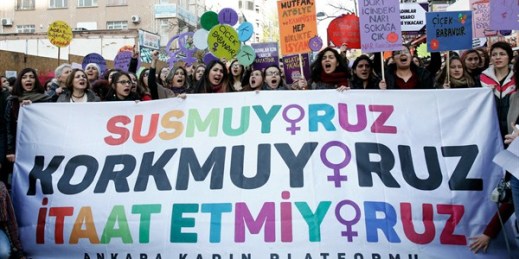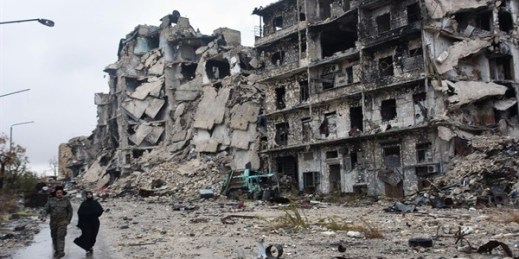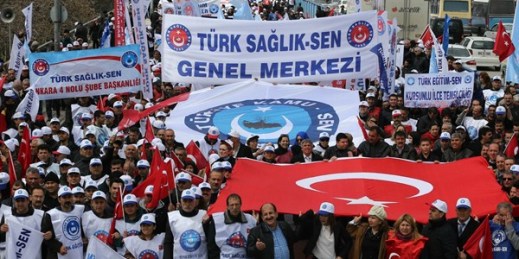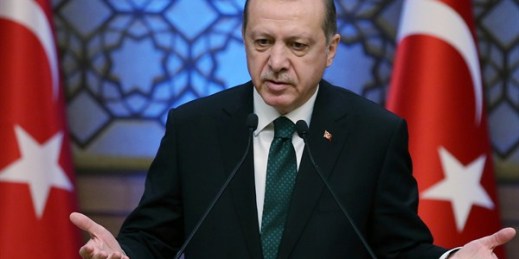
Editor’s note: This article is part of an ongoing WPR series on the status of women’s rights and gender equality in various countries around the world. Last year, Turkish President Recep Tayyip Erdogan called women who work “half persons” and “deficient,” sparking outrage among many liberal Turks, though his statement resonated with the country’s conservative majority. In an email interview, Melinda Negrón-Gonzales, an associate professor at the University of New Hampshire, discusses women’s rights and gender equality in Turkey. WPR: What is the current status of women’s rights and gender equality in Turkey? Melinda Negrón-Gonzales: Generally, Turkey lags behind its […]



